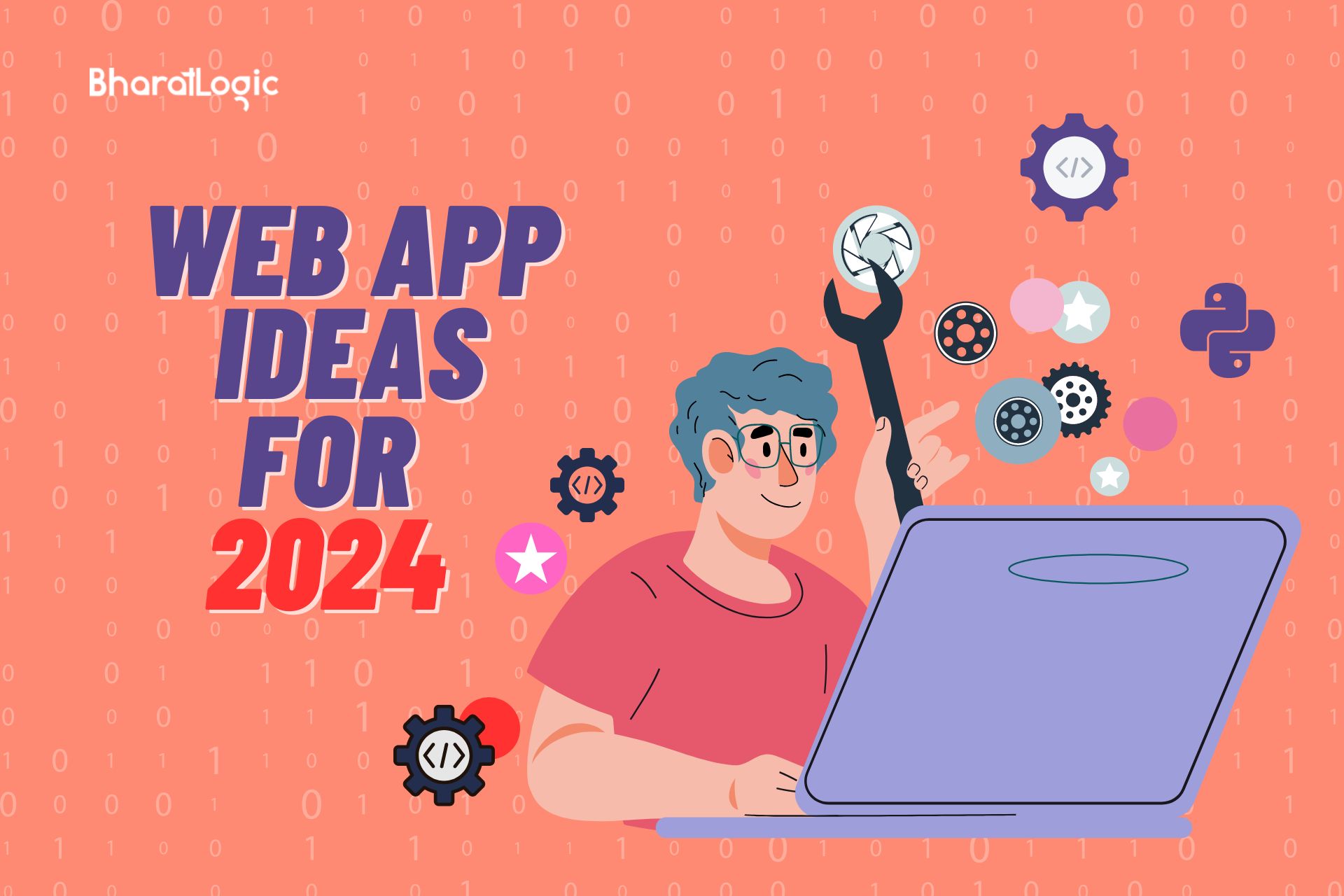Unlocking Innovation: 15 Futuristic Web App Ideas for 2024
In today’s ever-evolving digital landscape, the right web app idea can make all the difference. Whether you’re a seasoned developer or just dipping your toes into the tech world, finding the perfect project can be a game-changer. Here are 15 innovative web app ideas for 2024 that are not only practical but also promising:
1. Personal Finance Manager:
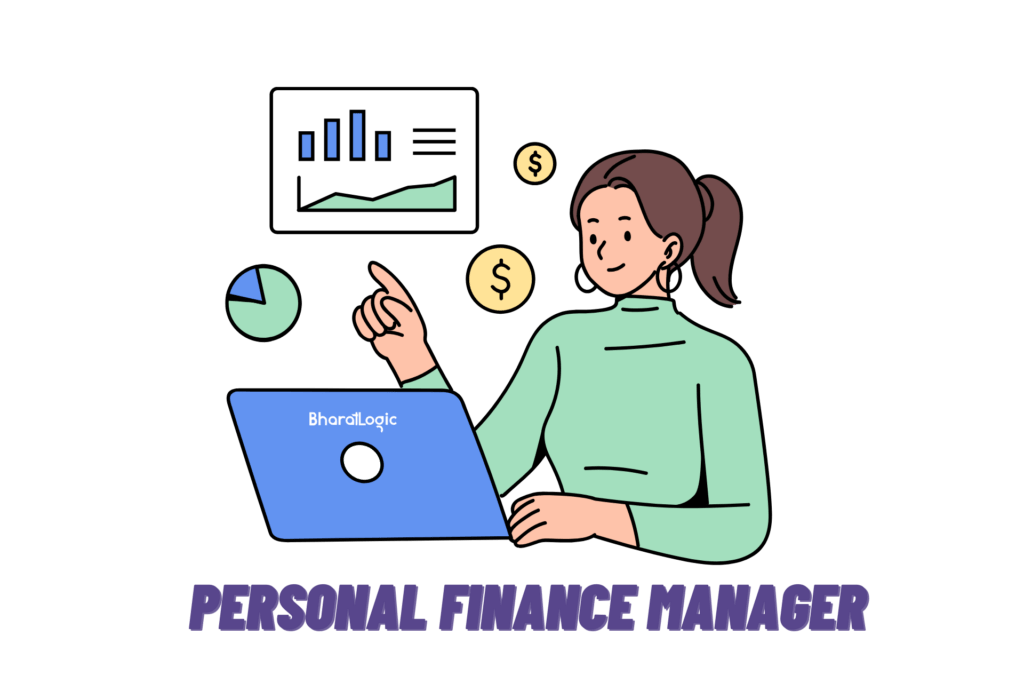
Managing finances can be daunting, but with the right tools, it becomes more manageable. A personal finance manager web app could offer features such as expense tracking, budget setting, investment monitoring, and bill payment reminders. By providing users with insights into their financial habits and goals, this app can empower them to make smarter financial decisions.
- Expense Tracking: Keep tabs on where your money is going.
- Budget Setting: Set realistic budgets and stick to them.
- Investment Monitoring: Stay on top of your investments and watch your money grow.
- Bill Payment Reminders: Never miss a bill payment again with handy reminders.
2. Remote Team Collaboration Platform:
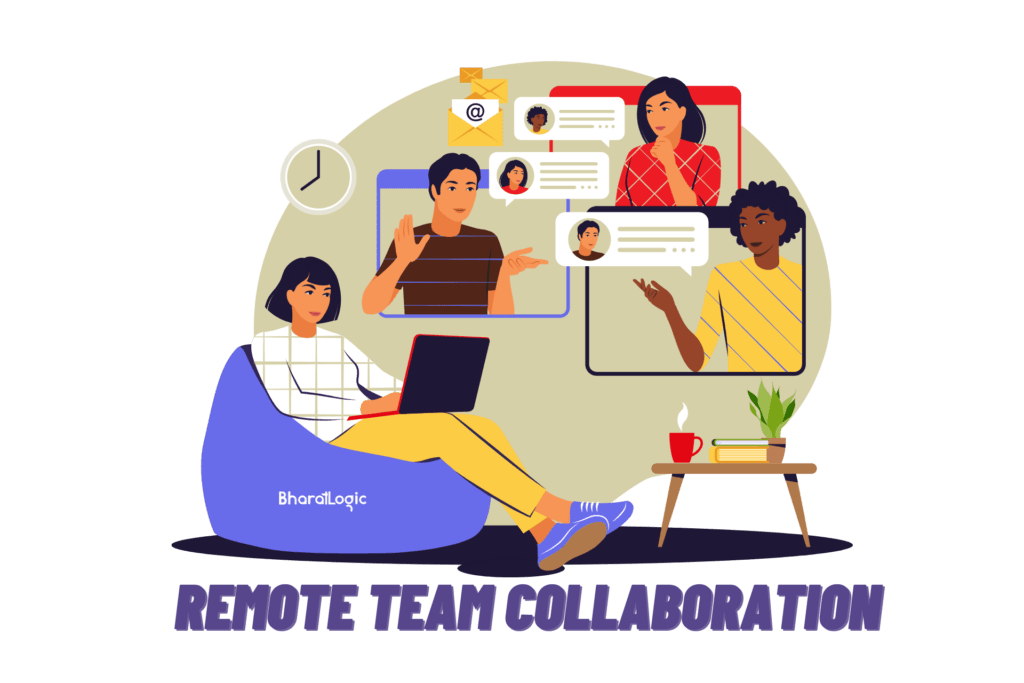
With the rise of remote work, there’s a growing need for platforms that facilitate seamless collaboration among team members. A web app designed for remote team collaboration could include features like project management, task assignment, file sharing, and real-time communication this could be simple as workflow management system. By centralizing all communication and project-related activities, this app can enhance productivity and teamwork among remote teams.
- Project Management: Keep track of tasks, deadlines, and progress.
- Task Assignment: Assign tasks to team members and track their status.
- File Sharing: Share documents, presentations, and files securely.
- Real-time Communication: Stay in touch with your team through chat, video calls, and more.
3. Wellness Tracker:
Prioritizing mental and physical well-being is essential for leading a fulfilling life. A wellness tracker web app could help users monitor their exercise routines, track their sleep patterns, practice mindfulness, and set wellness goals. By providing personalized insights and recommendations based on user data, this app can support users in maintaining a healthy lifestyle.
- Exercise Tracking: Keep tabs on your workouts and activity levels.
- Sleep Monitoring: Track your sleep patterns and get insights into your sleep quality.
- Mindfulness Practices: Practice meditation and mindfulness to reduce stress and improve focus.
- Wellness Goals Setting: Set goals for yourself and track your progress over time.
4. Language Learning Hub:

Learning a new language opens doors to new opportunities and experiences. A language learning hub web app could offer interactive lessons, vocabulary drills, cultural insights, and language proficiency tests. By making language learning fun, accessible, and engaging, this app can help users master new languages effectively. if have an app idea but don’t know where to begin bharatlogic outsourcing services surely can help you out
- Interactive Lessons: Dive into interactive lessons that make learning fun.
- Vocabulary Drills: Build your vocabulary with fun and engaging exercises.
- Cultural Insights: Learn about the culture and customs of the language you’re studying.
- Language Proficiency Tests: Test your skills and track your progress as you learn.
5. Smart Home Controller:
With the proliferation of smart home devices, there’s a need for a centralized platform to control and manage them. A smart home controller web app could allow users to remotely control their lights, thermostats, security cameras, and other smart devices from their smartphones or computers. By offering a seamless and intuitive user experience, this app can simplify home automation and enhance convenience for users.
- Remote Control: Control your smart devices from anywhere, anytime.
- Automation: Set up routines and automation to make your home smarter.
- Notifications: Get alerts and notifications about your home’s status and activity.
6. Virtual Event Platform:
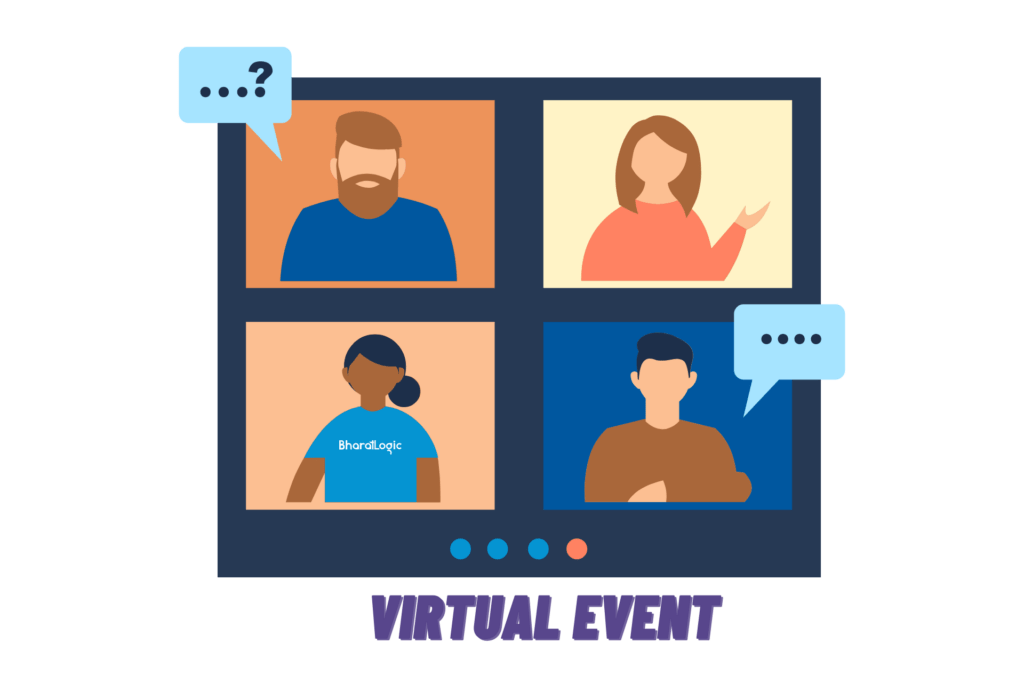
Virtual events and conferences have become increasingly popular, especially in light of recent global events. A virtual event platform web app could offer features such as live streaming, virtual exhibitor booths, networking opportunities, and interactive sessions. By providing an immersive and engaging experience for attendees, this app can help organizers host successful virtual events.
- Live Streaming: Stream events live to attendees all over the world.
- Virtual Exhibitor Booths: Give sponsors and exhibitors a space to showcase their products and services.
- Networking Opportunities: Connect attendees through virtual networking sessions and meetups.
- Interactive Sessions: Engage attendees with interactive Q&A sessions, polls, and more.
7. Meal Planning Assistant:
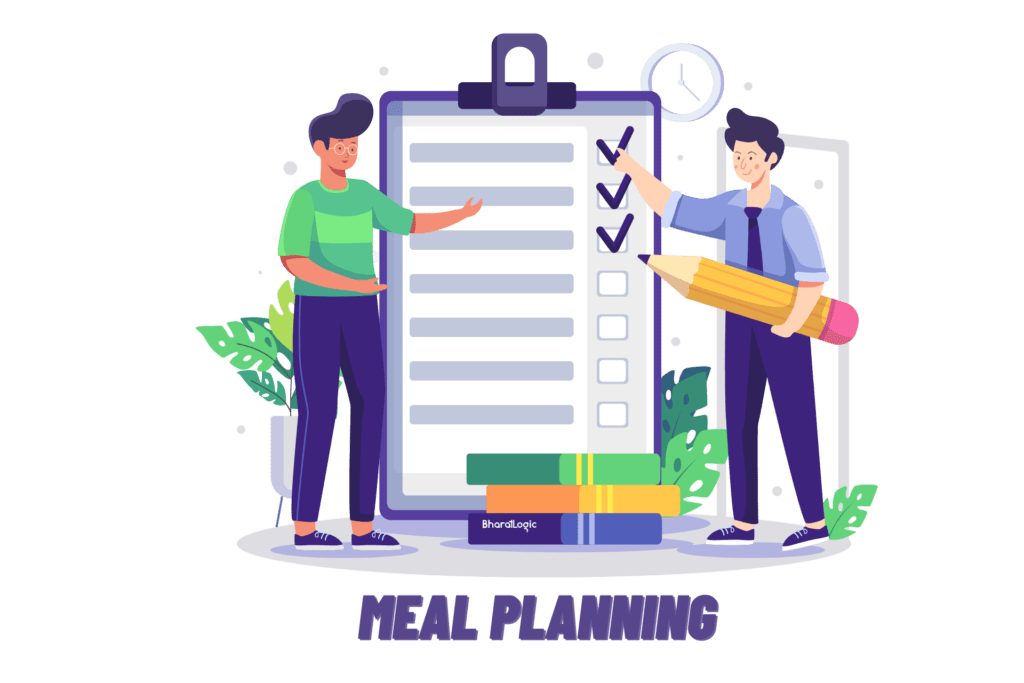
Planning meals can be time-consuming and stressful, especially for busy individuals and families. A meal planning assistant web app could suggest personalized meal plans based on dietary preferences, nutritional requirements, and available ingredients. By offering recipes, shopping lists, and meal prep tips, this app can simplify meal planning and promote healthier eating habits.
- Personalized Meal Plans: Get personalized meal plans based on your dietary preferences and goals.
- Recipes and Shopping Lists: Access a library of delicious recipes and generate shopping lists with just a few clicks.
- Grocery Inventory: Keep track of what’s in your pantry and fridge so you never run out of essentials.
8. Online Learning Marketplace:

Lifelong learning is essential for personal and professional growth. An online learning marketplace web app could connect learners with educators offering courses, workshops, and tutorials on a wide range of subjects. By providing a platform for knowledge sharing and skill development, this app can empower users to pursue their learning goals.
- Wide Range of Courses: Choose from a wide range of courses, workshops, and tutorials on various topics.
- Interactive Learning: Engage with interactive content like videos, quizzes, and assignments.
- Certifications and Badges: Earn certifications and badges to showcase your skills and knowledge.
9. Eco-Friendly Living Guide:
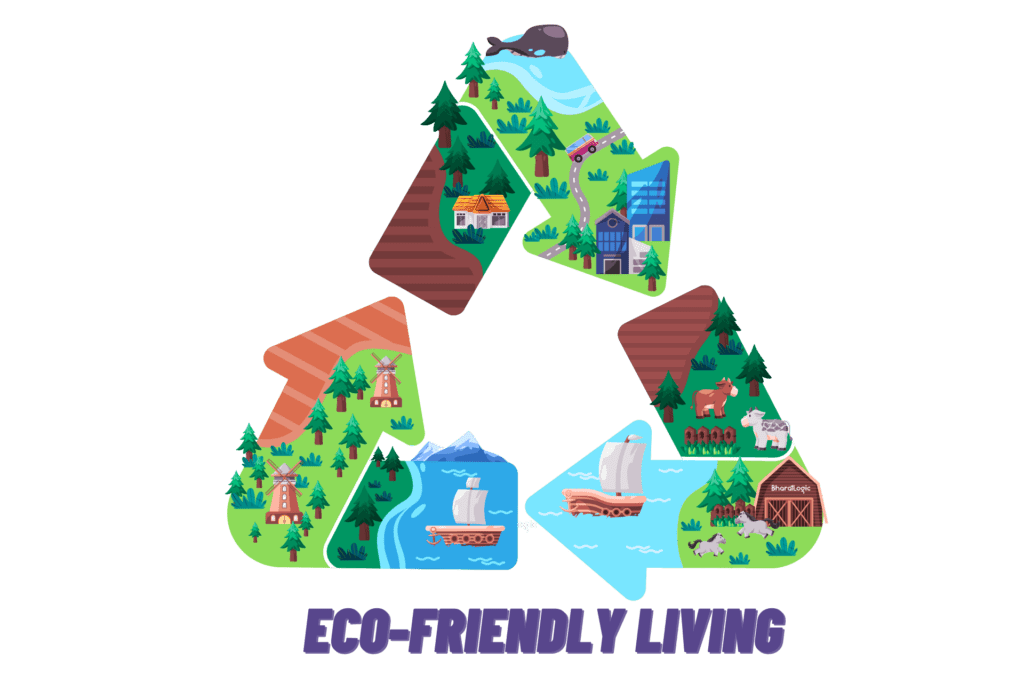
Sustainable living is becoming increasingly important in today’s world. An eco-friendly living guide web app could provide users with tips, resources, and challenges to help them adopt more sustainable habits in their daily lives. By raising awareness and promoting eco-friendly practices, this app can contribute to a more sustainable future.
- Tips and Resources: Access a treasure trove of tips and resources to help you live more sustainably.
- Challenges and Goals: Take on eco-friendly challenges and set goals to reduce your environmental footprint.
- Community Support: Connect with like-minded individuals and share your journey towards sustainability.
10. Mental Health Support Network:
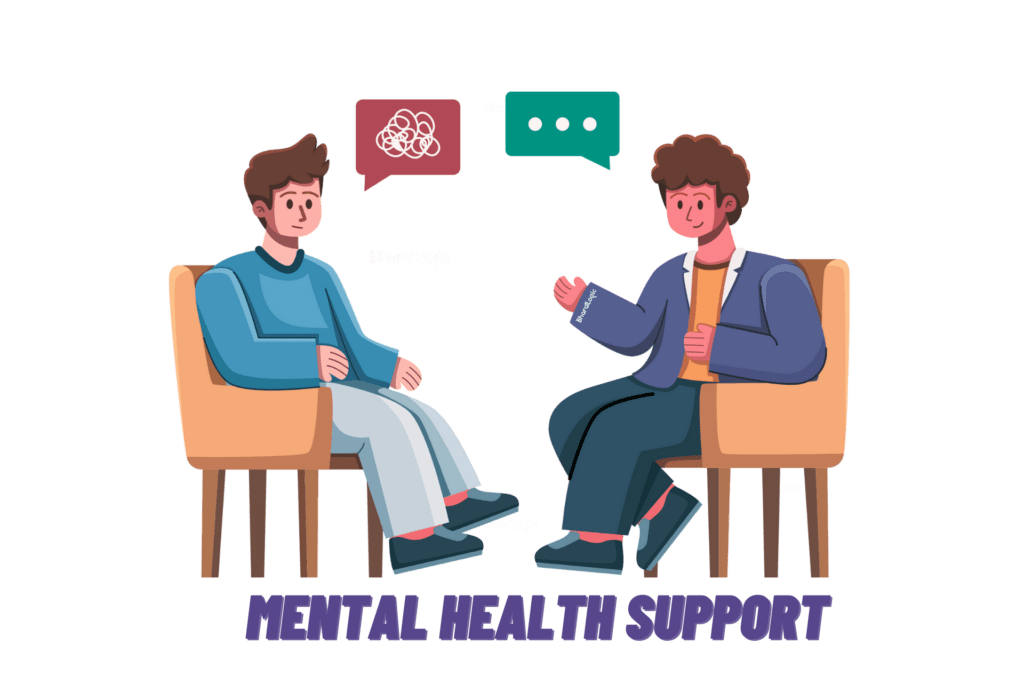
Mental health awareness is growing, but many people still struggle to find the support they need. A mental health support network web app could connect users with licensed therapists, support groups, and mental health resources. By offering a safe and supportive environment for users to seek help and support, this app can promote mental well-being and resilience.
- Therapist Directory: Find licensed therapists and counselors in your area.
- Support Groups: Connect with others who are going through similar experiences.
- Tools and Resources: Access tools and resources to help you manage your mental health and well-being.
11. Travel Companion:
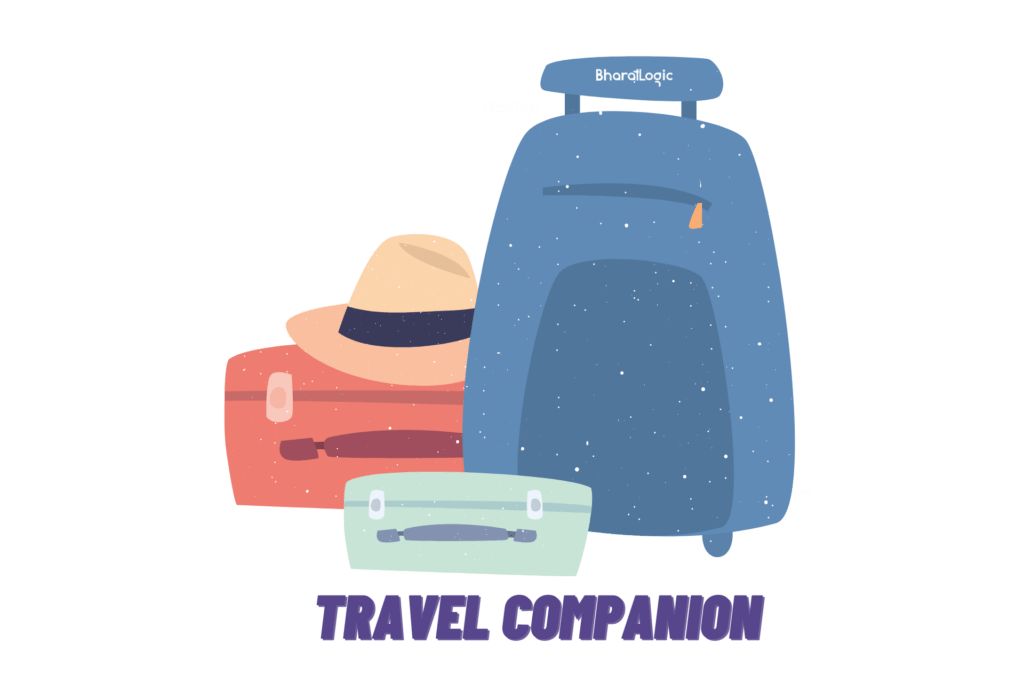
Planning and organizing trips can be overwhelming, but it doesn’t have to be. A travel companion web app could offer personalized travel recommendations, itinerary planning tools, and real-time updates on flights and accommodations. By simplifying the travel planning process and providing valuable insights and recommendations, this app can enhance the overall travel experience for users.
- Personalized Recommendations: Get personalized travel recommendations based on your interests, budget, and preferences.
- Itinerary Planning: Plan your trip from start to finish with customizable itineraries and maps.
- Real-time Updates: Stay informed with real-time updates on flights, accommodations, and travel advisories.
12. Home Workout Planner:
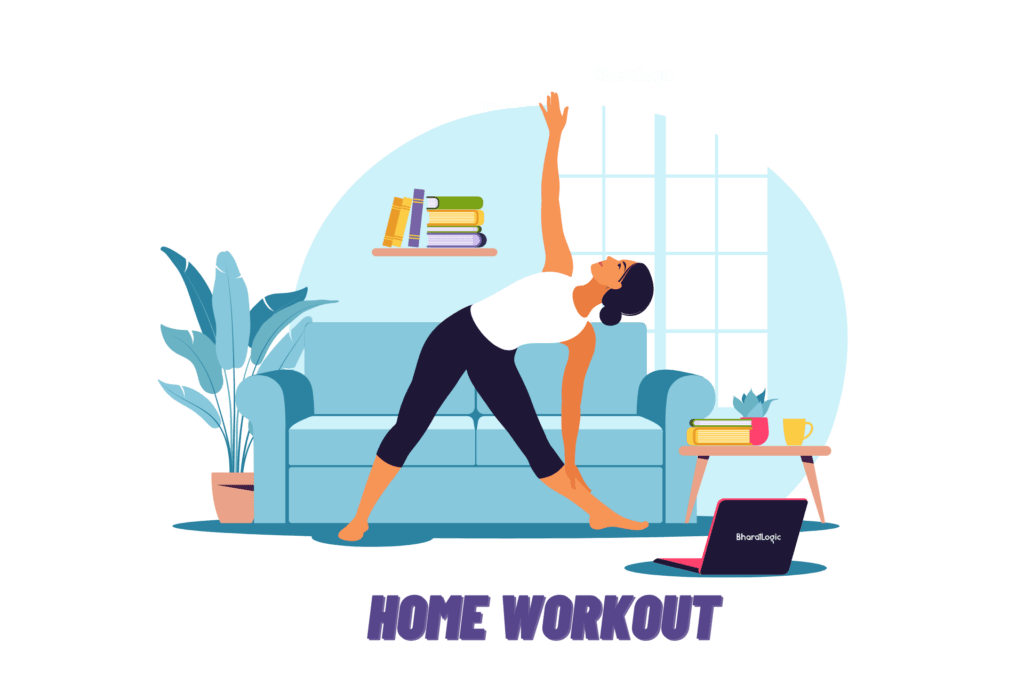
With busy schedules and limited access to gyms, many people are turning to home workouts to stay fit. A home workout planner web app could offer customizable workout plans, video tutorials, progress tracking, and motivation features. By providing users with personalized workout routines and guidance, this app can help them achieve their fitness goals from the comfort of their homes.
- Customizable Workouts: Tailor your workouts to your fitness level and goals.
- Video Tutorials: Follow along with guided video tutorials and demonstrations.
- Progress Tracking: Keep track of your progress and see how far you’ve come.
13. Freelancer Marketplace:
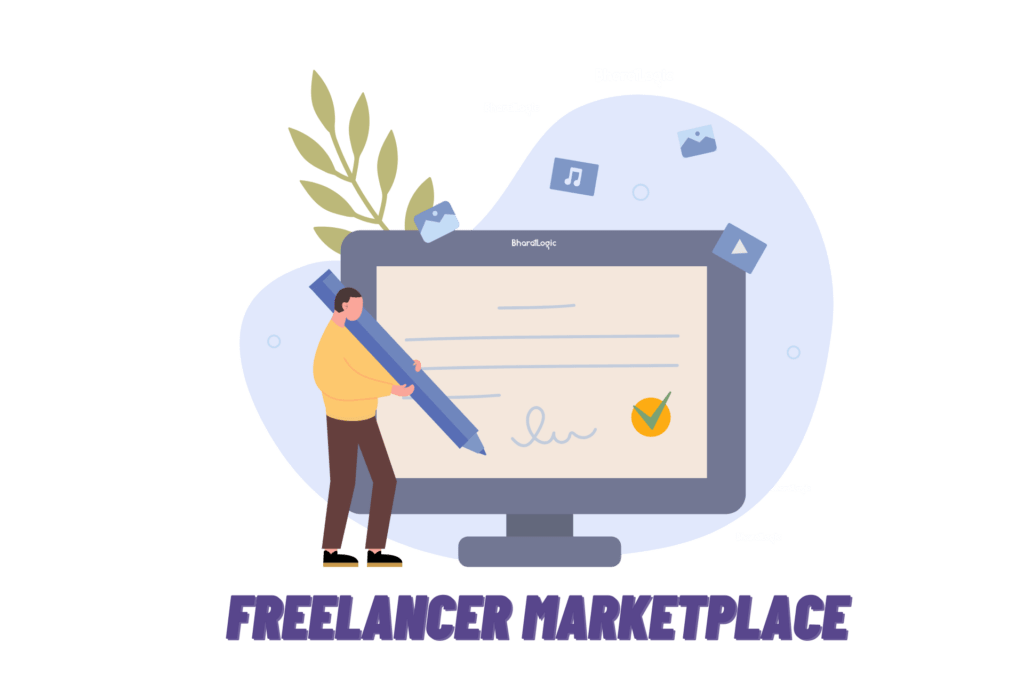
The gig economy is booming, and there’s a growing demand for platforms that connect freelancers with clients. A freelancer marketplace web app could provide freelancers with a platform to showcase their skills, find gigs, and manage their projects. By connecting freelancers with clients and facilitating collaboration, this app can empower freelancers to thrive in the gig economy.
- Profile and Portfolio: Create a profile and showcase your skills, experience, and portfolio.
- Project Listings: Browse project listings and submit proposals to potential clients.
- Payment and Invoicing: Manage payments and invoices directly through the platform.
14. Parenting Assistant:
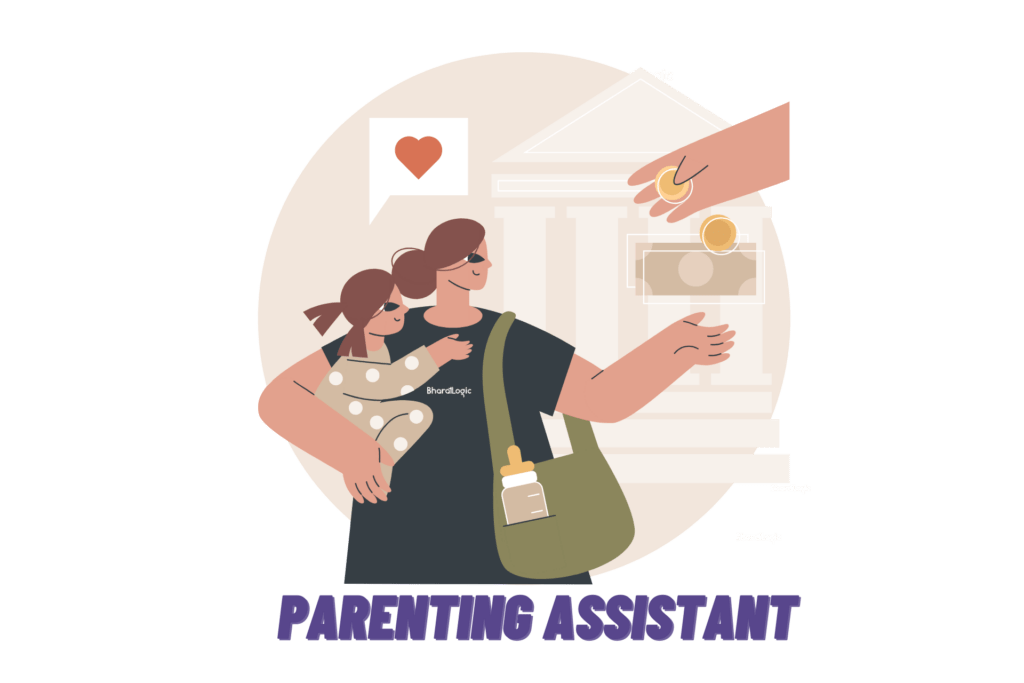
Parenting is a rewarding but challenging journey, especially for new parents. A parenting assistant web app could offer expert advice, parenting tips, developmental milestones tracking, and community support. By providing parents with valuable resources and support, this app can help them navigate the joys and challenges of parenthood with confidence.
- Expert Advice: Access expert advice and parenting tips from trusted sources.
- Developmental Milestones: Track your child’s development and milestones with ease.
- Community Forums: Connect with other parents and share your experiences, questions, and tips.
15. Virtual Reality Gaming Platform:
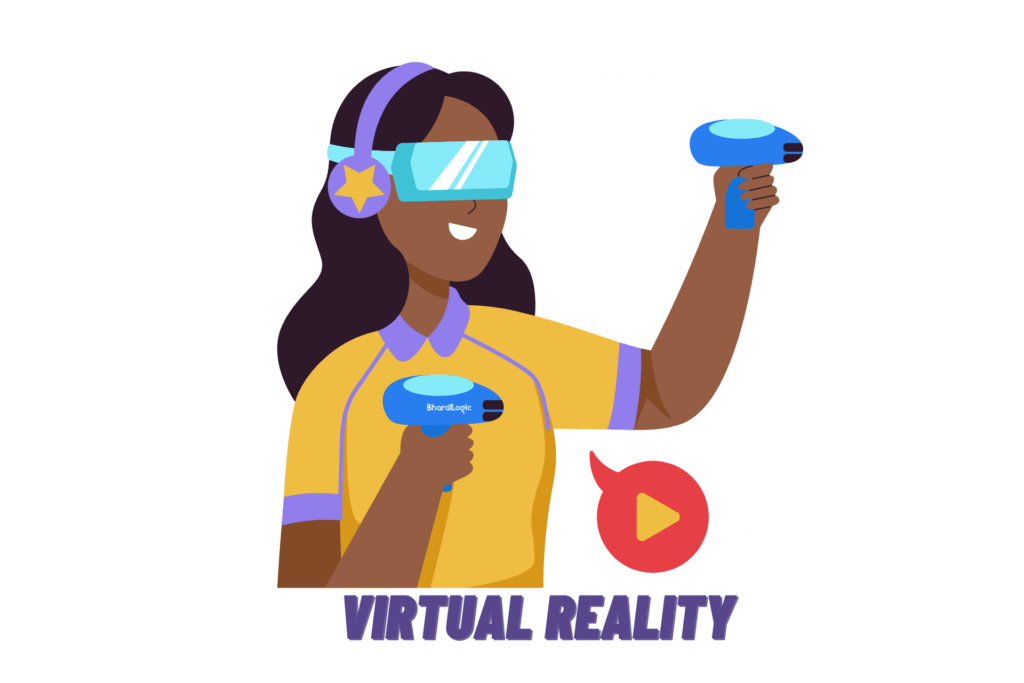
Virtual reality technology has the potential to revolutionize the gaming industry. A virtual reality gaming platform web app could offer immersive VR gaming experiences, multiplayer capabilities, and social features. By providing users with immersive and interactive gaming experiences, this app can take gaming to a whole new level of excitement and entertainment.
- Immersive Experiences: Immerse yourself in lifelike gaming experiences with virtual reality technology.
- Multiplayer Capabilities: Play with friends and other gamers from around the world.
- Social Features: Connect with fellow gamers through chat, forums, and virtual hangouts.
Also Read : From Idea to App Store: Master the Art of App Creation in 2024
In conclusion, these web app ideas for 2024 offer innovative solutions to real-world problems and trends. Whether you’re looking to manage your finances, improve your well-being, learn new skills, or simply have fun, there’s something for everyone. So why wait? Start exploring these exciting web app ideas today and take your project to the next level!
Bharatlogic use up-to-date technologies and follow the latest trends to give the project a fresh appearance, functionality that can entice users quickly. So, if you want to design a new project or redesign the existing one, connect with the leading custom software development company, Bharatlogic, now!
Frequently Asked Questions (FAQ)
Web applications are software programs accessed via a web browser or web-enabled device. They offer functionality similar to traditional desktop applications but are hosted on remote servers and accessed over the internet.
While websites primarily provide static content, web applications are interactive and allow users to perform specific tasks or access dynamic content. Web applications often feature user accounts, databases, and complex functionality, whereas websites typically focus on delivering information.
Web applications can be built using various technologies, including HTML, CSS, JavaScript, and server-side programming languages such as Python, Ruby, PHP, and Java. Frameworks like React, Angular, Vue.js, and Node.js are also commonly used to streamline development.
Web applications offer several advantages, including cross-platform compatibility (accessible from any device with a web browser), easy maintenance and updates (updates deployed centrally on servers), and scalability (ability to handle large numbers of users).
Security is a critical consideration in web application development. Measures such as encryption, authentication, authorization, input validation, and secure coding practices are implemented to protect against common security threats like cross-site scripting (XSS), SQL injection, and data breaches.
Some web applications incorporate offline capabilities using technologies like service workers and caching. These technologies allow certain features or content to be accessed even when the user is offline, enhancing the user experience in areas with unreliable internet connectivity.
Web applications are typically deployed on web servers, either self-hosted or through cloud hosting providers like AWS, Google Cloud Platform, or Microsoft Azure. Deployment involves configuring servers, uploading application files, and configuring domain settings for public access.
While both web applications and mobile apps serve similar purposes, they differ in how they are accessed and used. Web applications run in web browsers and are accessed over the internet, while mobile apps are downloaded and installed directly onto mobile devices and can often access device-specific features like GPS and push notifications.
Yes, web applications can be monetized through various methods, including subscription models, advertising, in-app purchases, and premium features. The choice of monetization strategy depends on factors such as the target audience, the nature of the application, and market trends.
To get started with web application development, you can learn programming languages like HTML, CSS, and JavaScript, as well as server-side languages like Python, Ruby, or JavaScript (Node.js). There are many online resources, tutorials, and courses available to help you learn web development skills and build your first web application.

